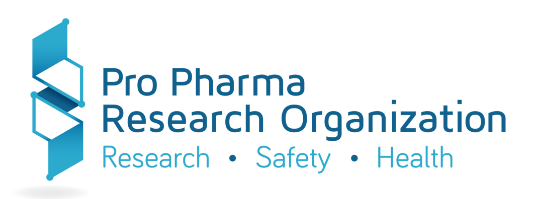
Pharmacoeconomic Studies: A Key Tool in Health Decision-Making
Introduction
In the current global health context, efficient resource allocation is crucial due to the increasing demand for medical services and limited available budgets. Pharmacoeconomic studies emerge as an essential tool to evaluate the value of pharmaceutical interventions, enabling health policy makers to make informed decisions about resource allocation. This article explores the importance, types, and challenges of pharmacoeconomic studies in clinical practice and health policy.
What are Pharmacoeconomic Studies?
Pharmacoeconomic studies are analyses that compare the costs and outcomes of different pharmaceutical and therapeutic interventions. Their goal is to determine the best use of available resources to maximize health benefits. These studies integrate economic and clinical aspects, evaluating both direct costs (such as medications, hospitalization, and medical care) and indirect costs (such as lost productivity and patient time).

Types of Pharmacoeconomic Studies
There are several types of pharmacoeconomic studies, each with a specific focus:
- Cost-Effectiveness Analysis (CEA): Compares the costs of two or more interventions relative to their outcomes in natural units (such as life years saved or symptom reduction). It is used to determine if an intervention provides a significant additional benefit compared to its extra cost.
- Cost-Utility Analysis (CUA): Similar to CEA, but outcomes are measured in terms of quality-adjusted life years (QALYs). It allows for the evaluation of both the quantity and quality of life gained with an intervention.
- Cost-Benefit Analysis (CBA): Converts both the costs and benefits of an intervention into monetary terms. This facilitates direct comparison of the cost-effectiveness of different health interventions.
- Cost-Minimization Analysis (CMA): Used when the compared interventions have equivalent outcomes, focusing solely on comparing costs to identify the cheapest option.
Importance of Pharmacoeconomic Studies
Pharmacoeconomic studies provide multiple benefits:
- Resource Optimization: They help maximize the use of limited resources, ensuring that funds are allocated to interventions that offer the greatest benefit relative to their cost.
- Informed Decision-Making: They provide a solid evidence base for clinical and policy decision-making, allowing decision-makers to prioritize treatments and programs based on their economic and clinical value.
- Improved Access to Medications: By identifying the most cost-effective interventions, access to essential treatments can be facilitated, especially in health systems with limited resources.
- Promotion of Innovation: They encourage the research and development of new therapies that are not only clinically effective but also economically viable.
Challenges in Conducting Pharmacoeconomic Studies
Despite their benefits, pharmacoeconomic studies face several challenges:
- Incomplete or Biased Data: The lack of accurate and comprehensive data can affect the reliability of results. Additionally, selection bias in data can influence conclusions.
- Variability in Methods: The diversity of methods and approaches in studies can make direct comparison of results between different investigations difficult.
- Long-Term Outcome Evaluation: Many pharmaceutical interventions have effects that manifest in the long term, complicating the full economic evaluation in short-duration studies.
- Ethical and Social Considerations: The implementation of pharmacoeconomic study results must consider ethical and social aspects, such as equity in access to treatments and public perception of cost-benefit relationships in health.

Conclusion
Pharmacoeconomic studies are vital tools for improving efficiency and effectiveness in health management. They provide crucial information for decision-making that affects both patients and health systems in general. Despite inherent challenges, continued improvement in methodologies and the availability of robust data will strengthen the impact of these studies, ensuring that health resources are used in the most beneficial way possible.
At Pro Pharma Research Organization we carry out Pharmacoeconomic Studies, within these services we include the creation of Pharmacoeconomic Modeling, Pricing and Reimbursement Support, Cost-Benefit and Cost-Utility Analysis, among others, contact us to access more information.
Publication date: June 2024
Author: Pro Pharma Research Organization Team










